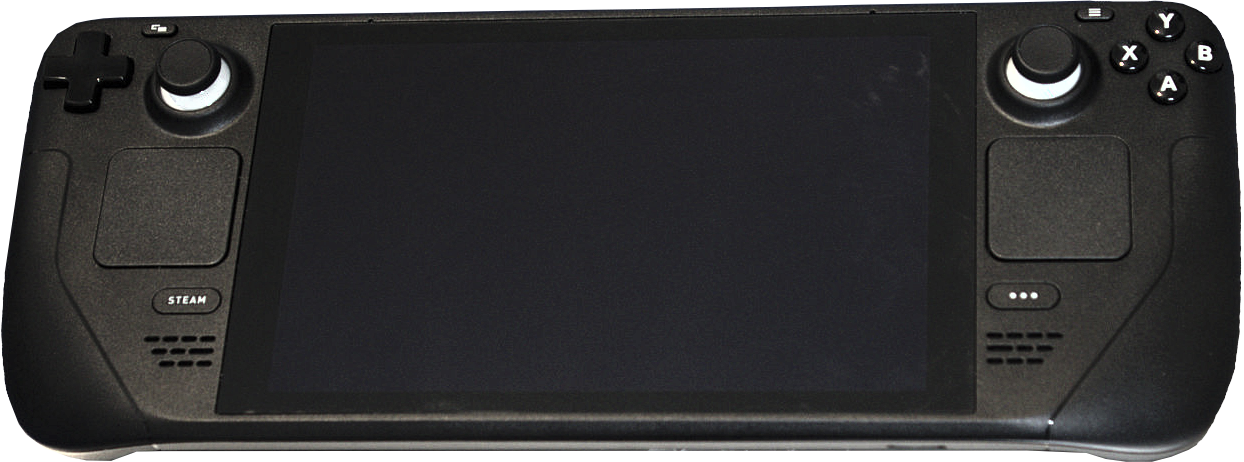Steam's Game-Changing Beta: Proton Now Available for Every Linux Title
Steam has quietly rolled out one of the most significant updates for Linux gaming in years, enabling its Proton compatibility layer for all Windows games in the platform's latest beta build. This move could fundamentally reshape the Linux gaming landscape, potentially making thousands of previously incompatible titles playable on the open-source operating system.
Breaking Down the Proton Revolution
For the uninitiated, Proton is Valve's custom compatibility layer built on Wine (Wine Is Not an Emulator) that translates Windows API calls to Linux equivalents in real-time. Since its introduction in 2018, Proton has been selectively applied to verified games through Steam's "Steam Deck Verified" program and community testing. This latest beta update removes those restrictions entirely.
Previously, Linux users could only access Proton for titles that Valve had specifically tested and approved. This curated approach meant that while supported games ran smoothly, the Linux gaming library remained a fraction of Steam's full Windows catalog. The new beta changes this dynamic completely.
What This Means for Linux Gamers
The implications are staggering when you consider the numbers. Steam's Linux-native game library consists of approximately 15,000 titles, while the platform hosts over 130,000 games total. Even accounting for games that may never run properly through Proton due to anti-cheat software or specific Windows dependencies, this update potentially multiplies the accessible Linux gaming library several times over.
Early beta testers are already reporting success with previously incompatible titles. Popular games like Cyberpunk 2077, Elden Ring, and Call of Duty: Modern Warfare II are showing promising results, though performance and stability vary significantly between titles.
Technical Challenges and Limitations
However, this isn't a magic bullet for Linux gaming. Anti-cheat systems remain the biggest obstacle, with popular solutions like BattlEye and Easy Anti-Cheat still blocking many multiplayer games. Titles using Denuvo DRM also frequently encounter issues, and games with heavy reliance on specific Windows services may experience crashes or performance problems.
The computational overhead of translation layers means that even successfully running games may see 10-20% performance decreases compared to native Windows execution. For competitive gamers or those with older hardware, this performance impact could be significant.
Industry Context and Timing
This move comes at a crucial time for Linux gaming. The Steam Deck's success has demonstrated that Linux can serve as a viable gaming platform, while Microsoft's increasing focus on cloud gaming and subscription services has some users seeking alternatives. Additionally, the recent controversy surrounding Windows 11's hardware requirements has pushed more users toward Linux distributions.
Valve's investment in Linux gaming extends beyond just Proton. The company has contributed to graphics drivers, sponsored Linux kernel development, and even created SteamOS as a gaming-focused Linux distribution. This latest update represents another significant step in their long-term strategy to reduce dependence on Microsoft's ecosystem.
Developer and Publisher Response
The gaming industry's response has been mixed but generally positive. Indie developers, who often lack resources for native Linux ports, see this as an opportunity to reach new audiences without additional development costs. Larger publishers remain cautious, with some expressing concerns about supporting a platform they didn't explicitly target.
Several major game engines, including Unity and Unreal Engine, have already begun optimizing their Windows builds for better Proton compatibility, suggesting industry confidence in the technology's future.
Looking Forward
While this beta feature represents a massive leap forward for Linux gaming, it's important to manage expectations. Not every game will work perfectly, and some may not work at all. However, for Linux enthusiasts who have long felt excluded from mainstream gaming, this update opens doors that seemed permanently closed.
The success of this initiative will largely depend on community feedback and bug reports during the beta period. Valve has historically been responsive to user input, and this testing phase will be crucial for identifying and resolving compatibility issues before a wider rollout.
The Bottom Line: Steam's decision to enable Proton for all titles represents a watershed moment for Linux gaming. While technical challenges remain, this update could finally position Linux as a legitimate gaming platform for mainstream users, not just enthusiasts willing to tinker with compatibility layers and accept limited game libraries.
